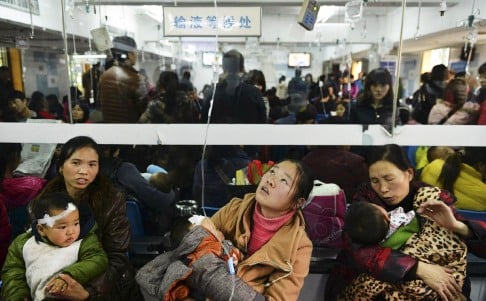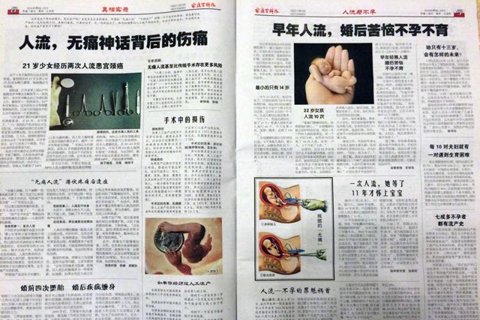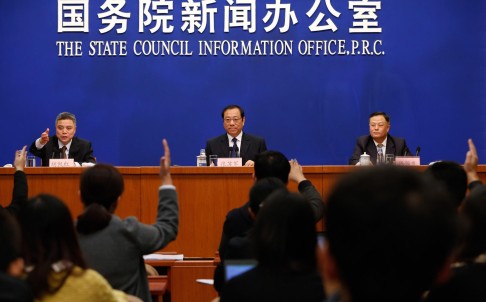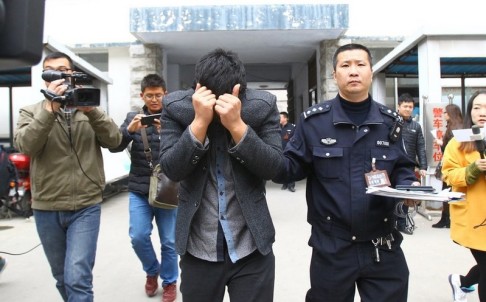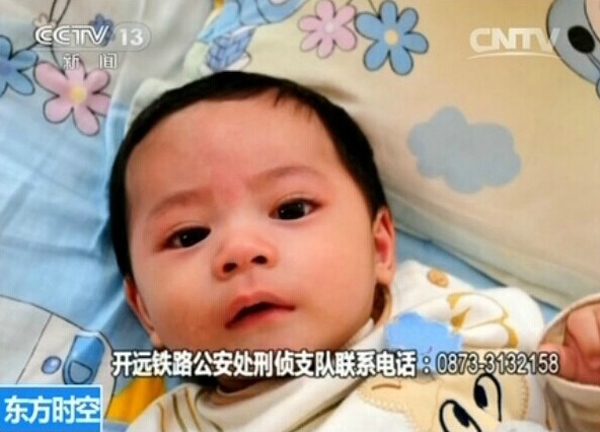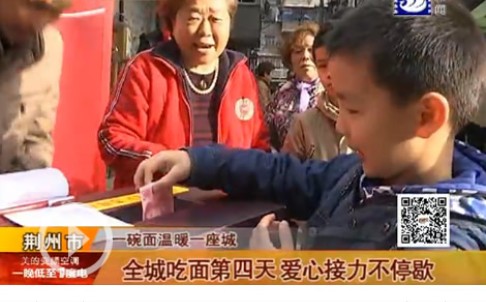Evidence from 1996 murder trial goes missing
China Daily, November 5, 2014
Vital evidence relating to a rape and murder case, for which a man was convicted and executed nearly 20 years ago, was reported to have disappeared on Tuesday after judicial authorities said recently that they planned to rehear the case.
Hugjiltu, a member of the Mongolian ethnic group, was convicted as an 18-year-old of raping and choking a woman to death in a toilet at a textile factory in Hohhot, capital of the Inner Mongolia autonomous region, in April 1996. He was executed 61 days after the woman was killed, despite the lack of evidence against him. At the time, the local authorities had launched a crackdown against violent crimes, and serious cases were fast-tracked through the courts.
The Mirror News reported that Hugjiltu rushed to the toilet to help when he heard the woman cry out. He found her dead and called police. But after being questioned for 48 hours, he confessed to raping and killing the woman.
However, in 2005, a man named Zhao Zhihong said he was the murderer. He also confessed to 10 cases of raping and killing women.
Zhao was given the death penalty, but the crime for which Hugjiltu was convicted was not listed on Zhao's indictment. Zhao's execution was postponed after he showed details of Hugjiltu's case to police and left a letter to prosecutors in 2006 saying that Hugjiltu had been innocent.
The regional high people's court said procedures are underway to rehear the case to determine the truth from the facts and correct any mistakes that are found, Xinhua News Agency reported on Tuesday.
Meanwhile, Beijing News quoted a retired police officer as saying that a semen sample taken from the victim's body has disappeared.
The retired officer said that this evidence was ignored at the time, and no tests were carried out on Hugjiltu to compare the semen stain found on the victim.
Zhu Aimin, a criminal lawyer who has been following the case, confirmed the importance of the evidence and said police had a duty to preserve it.
"I'd like to see the case reheard and I hope every judicial officer will strictly abide by our laws and find the truth this time," Zhu said.
He suggested that for such a serious case, police, prosecutors and judges should be more circumspect and not make any excuses for difficulties in further investigations.
Hua Lijia, a prosecutor in Hohhot, said it is necessary to rehear the case and suggested that it be investigated and dealt with by judicial bodies in other regions.
Shang Aiyun, Hugjiltu's mother, told China Daily she can never forget her son waving to her before his execution.
"Before the execution, I only saw my son once in the courtroom," said the 62-year-old, who has been trying to prove her son's innocence since 2005.
But Shang, mother of another two sons, said she has not received any further information from legal authorities after they said the case will be reheard.


